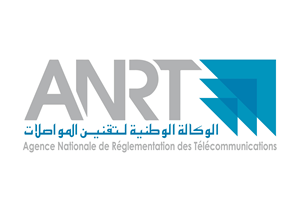Palo Alto Training – Learn Palo Alto Firewalls in 2025

As digital transformation accelerates globally, Morocco is becoming increasingly connected through widespread internet usage, e-government initiatives, and a growing digital economy. However, this progress brings with it significant cybersecurity challenges that demand immediate attention. In this article, we explore the state of cybersecurity in Morocco, the challenges faced, […]

As digital transformation accelerates globally, Morocco is becoming increasingly connected through widespread internet usage, e-government initiatives, and a growing digital economy. However, this progress brings with it significant cybersecurity challenges that demand immediate attention. In this article, we explore the state of cybersecurity in Morocco, the challenges faced, and the opportunities for improvement.
Morocco has made substantial strides in building a digital infrastructure. According to ANRT (Agence Nationale de Réglementation des Télécommunications), internet penetration in the country reached over 80% in recent years, supported by advancements in mobile connectivity and fiber-optic networks. This digital expansion supports critical sectors such as banking, e-commerce, education, and public administration.
internet penetration in the country reached over 80% in recent years, supported by advancements in mobile connectivity and fiber-optic networks. This digital expansion supports critical sectors such as banking, e-commerce, education, and public administration.
Despite these advancements, Morocco faces increasing cyber threats, including:
To combat these threats, Morocco has taken steps to strengthen its cybersecurity framework:
Despite these efforts, several challenges remain:
Morocco has significant opportunities to become a regional leader in cybersecurity by investing in the following areas:
Cybersecurity is not just a technical issue; it is a fundamental pillar for Morocco’s digital economy and national security. By addressing current challenges and leveraging opportunities, Morocco can build a robust cybersecurity infrastructure that supports sustainable growth and protects its citizens and businesses.
Get certified with industry-leading cybersecurity certifications from EC-Council, PECB, Palo Alto Networks, and more.

Learn from world-class instructors Collaborate with top professionals Advanced training...

The CEH is the world's leading cybersecurity certification, recognized by...

Onsite training course Led by an instructor Interactive sessions

Asynchronous, self-study environment Video-streaming format Flexible learning schedule
Adding {{itemName}} to cart
Added {{itemName}} to cart

